Debt is when you borrow money and agree to pay it back with interest. It can be from personal loans, credit cards or mortgages.
To get rid of debt you should start by listing all your debts with their amounts, monthly payments and interest rates.
Then you need to check your income and expenses to see how much you can pay off. If your expenses are more than your income then you need to find ways to cut back.
Some of the tips to reduce debt include making bi-weekly payments and transferring to lower interest credit cards but you should read the fine details first.
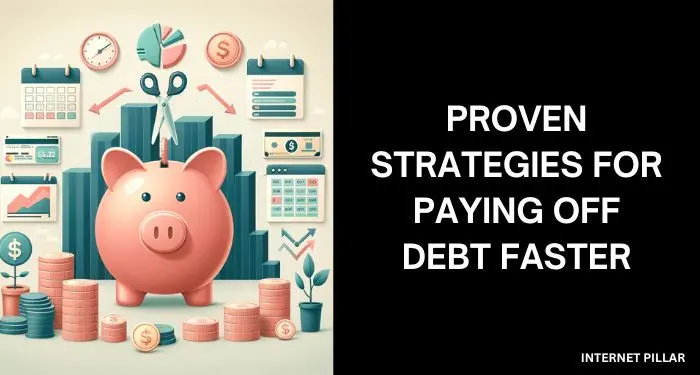
Sometimes negotiating with banks or credit card companies helps. You might face choices between paying off debt or investing.
Everyone’s situation is different so there’s no single best way to get rid of debt.
It is a good idea to start by understanding your debts then using expert strategies and good money habits.
Tackle your debts one by one focusing on the type and interest rate.
Remember managing debt is not just good for your wallet but also for your mental health.
By following a clear plan and staying disciplined you can achieve financial freedom.
Let’s go through some of the powerful strategies to reduce debt from your life.
15 Proven Strategies for Paying Off Debt Faster
1. Learn the Basics of Budgeting
Budgeting is key to managing finances.
It’s not just noting down numbers but understanding where your money goes. This helps in identifying and cutting unnecessary expenses.
Popular apps like Mint and YNAB can help in this process by tracking and planning your spendings.
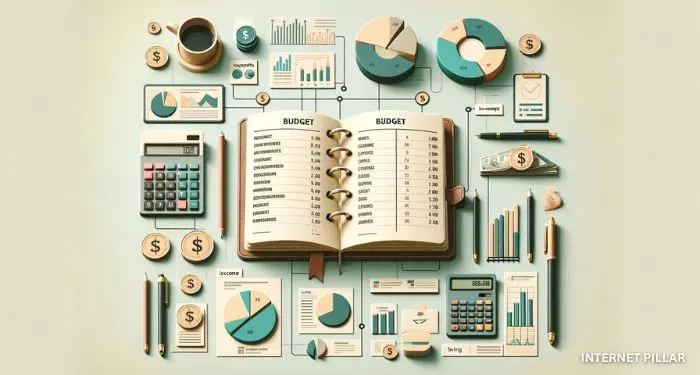
Regular budget reviews are important especially when your financial situation changes.
This helps to maintain control over your finances and prevents impulsive buys.
2. Boosting Income
When cutting costs isn’t enough increasing income is the next step.
This could mean asking for a raise working overtime or starting a side hustle.
Opportunities are vast in the digital realm from freelancing on Upwork.com to tutoring on Tutor.com.
Personal development like upskilling through Coursera can also lead to a higher income.
More income means faster debt repayment and less financial stress.
3. Payment Automation
Automating debt payments is a smart move.
It ensures timely payments and helps avoid the temptation of misusing funds meant for debt.
Most banks and lenders offer this feature making it a convenient way to stay on top of your debts.
4. Switching to Cash or Debit
To control overspending switch to using cash or debit cards.
This ensures you only spend what you have.
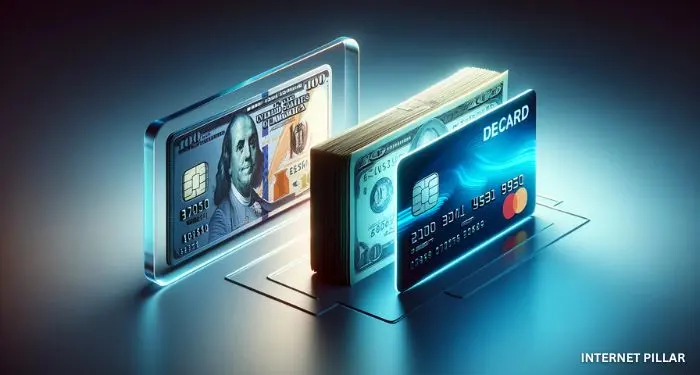
Removing credit cards from your wallet can be a simple yet effective strategy to prevent adding more debt and keeping your finances in check.
5. Debt Consolidation Strategies
Debt consolidation involves combining multiple debts into a single loan usually with a lower interest rate.
This simplifies debt management with just one monthly payment and can potentially reduce the overall monthly payment amount.
It’s essential to maintain discipline by avoiding new debts and ensuring timely payments on the consolidated loan.
Personal loans are a common consolidation option especially for those with good credit allowing them to replace high-interest credit card debts with a lower-interest loan.
6. Tackling High-Interest Debts using Avalanche Method
The “Avalanche Method” focuses on paying off high-interest debts first.
This approach is cost-effective as it targets debts with the highest interest rates.
Begin by making minimum payments on all debts except for the one with the highest interest.
Once that’s paid off redirect these funds to the debt with the next highest rate.
This method accelerates debt repayment and provides motivation through visible progress.
7. Understanding and Managing Interest Rates
Interest rates are important in loan and credit card repayments.
They vary between different financial products with personal loans often offering fixed rates and credit cards having variable rates.
The compounding effect of interest especially on credit cards can significantly increase the total debt if only minimum payments are made.

It’s important to understand these rates and prioritize paying off debts with higher and compounding interest rates first for an efficient debt repayment strategy.
8. Student Loan Forgiveness Opportunities
For those with student loans loan forgiveness programs can offer significant relief.
Available to professionals in specific fields like teaching, nursing or public service these programs can forgive a portion of your debt after a set number of on-time payments.
However eligibility for these programs is strict and it’s important to be in a qualifying repayment plan.
9. The Impact of Extra Payments
Even small additional payments can significantly shorten your debt repayment time and save you money on interest.
If you pay an extra $40 a month on a $10000 debt at 5% interest you’ll save a good chunk of money and cut down the payoff time.
Prioritizing debt repayment over non-essential spending like eating junk food, coffees or new shoes benefits your financial future.
Small consistent extra payments make a big difference in debt reduction.
10. Saving on Groceries
To accelerate debt repayment save money on groceries by buying items on sale or stockpiling them.
Skipping one grocery shopping trip per month and using stockpiled food can cut your annual grocery bill by up to 23%.
For a family of four this could mean savings of $2200 to $2800 per year. Focus on non-perishables and freezable items.
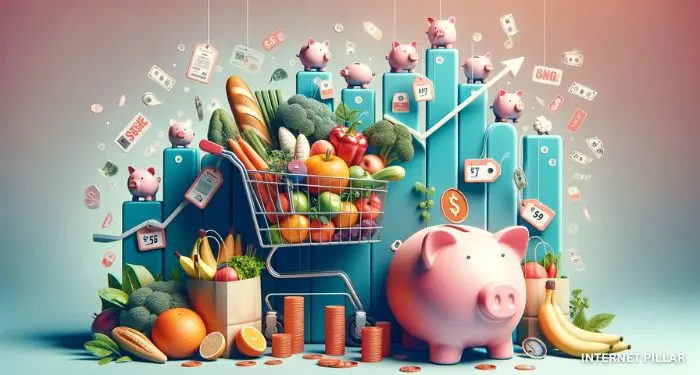
Even reducing grocery shopping to once every other month can yield substantial savings which can then be allocated to paying off debts.
11. Reducing to One Car
If you have two cars consider becoming a one-car household. The average vehicle owner spends over $8000 per year on their car.
By using just one car and opting for public transit, walking, cycling or carpooling you can save thousands.
Before selling your second car test the feasibility of this lifestyle change by temporarily reducing its use and insurance.
The savings from maintaining only one vehicle can significantly contribute to your debt repayment.
12. Tracking and Reducing Spending
Tracking your actual spending can reveal surprising areas for cost-cutting potentially saving as much as a part-time job.
Be honest in your spending review and identify areas to reduce expenses such as eating out less or canceling unused subscriptions.
Redirect the money saved from these cutbacks to pay down debts.
This exercise not only helps in debt reduction but also in developing more mindful spending habits.
13. Mortgage Refinancing for Debt Consolidation
If you have home equity you might consolidate your debts into your mortgage.
However if you lack substantial equity additional insurance costs could be high.
It’s important to explore all options and consult with an independent credit counselor not just your lender. Refinancing your home should be considered with caution.
Treat the new mortgage like a debt consolidation loan by keeping spending below income following a budget and saving regularly.
Avoid repeatedly borrowing against your home as this can jeopardize your financial stability in retirement.
14. Utilizing Balance Transfers
Balance transfers involve moving debt from one account to another often to benefit from a lower or introductory interest rate. This requires good credit for approval.
Many credit card companies offer low or zero interest rates for a limited time which can help save on interest and accelerate debt repayment.
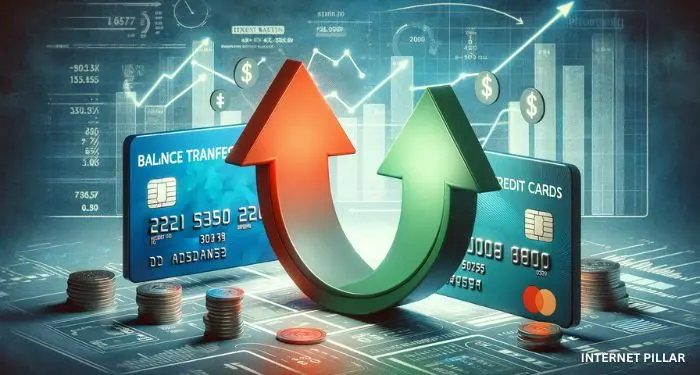
However it’s important to consider any transfer fees and ensure you can repay the balance before the promotional period ends to avoid high interest rates.
15. Seeking Credit Counseling Support
Debt repayment can be daunting and getting professional help can be beneficial.
The National Foundation for Credit Counseling offers free debt management support.
This non-profit network provides a safe alternative to for-profit entities where fraud risks are higher.
Furthermore a certified financial planner or credit counselor can offer personalized advice and strategies for managing debts and achieving financial freedom.
Seeking such assistance can be important in navigating through complex debt situations.
I hope these strategies will be helpful to you in paying off your debt and become financially stable.